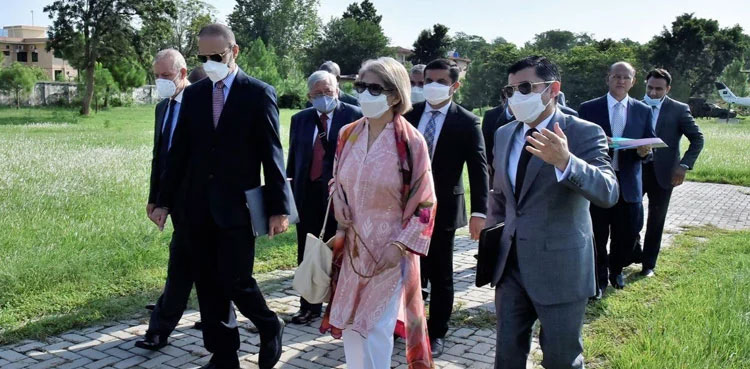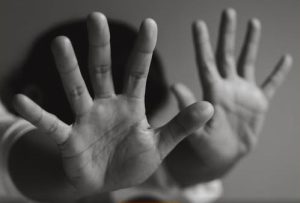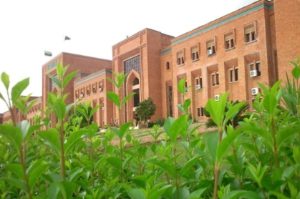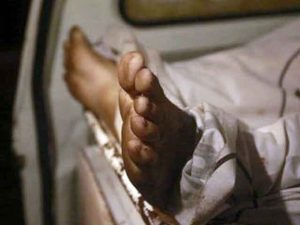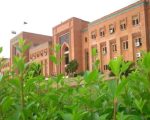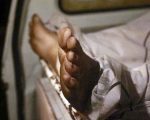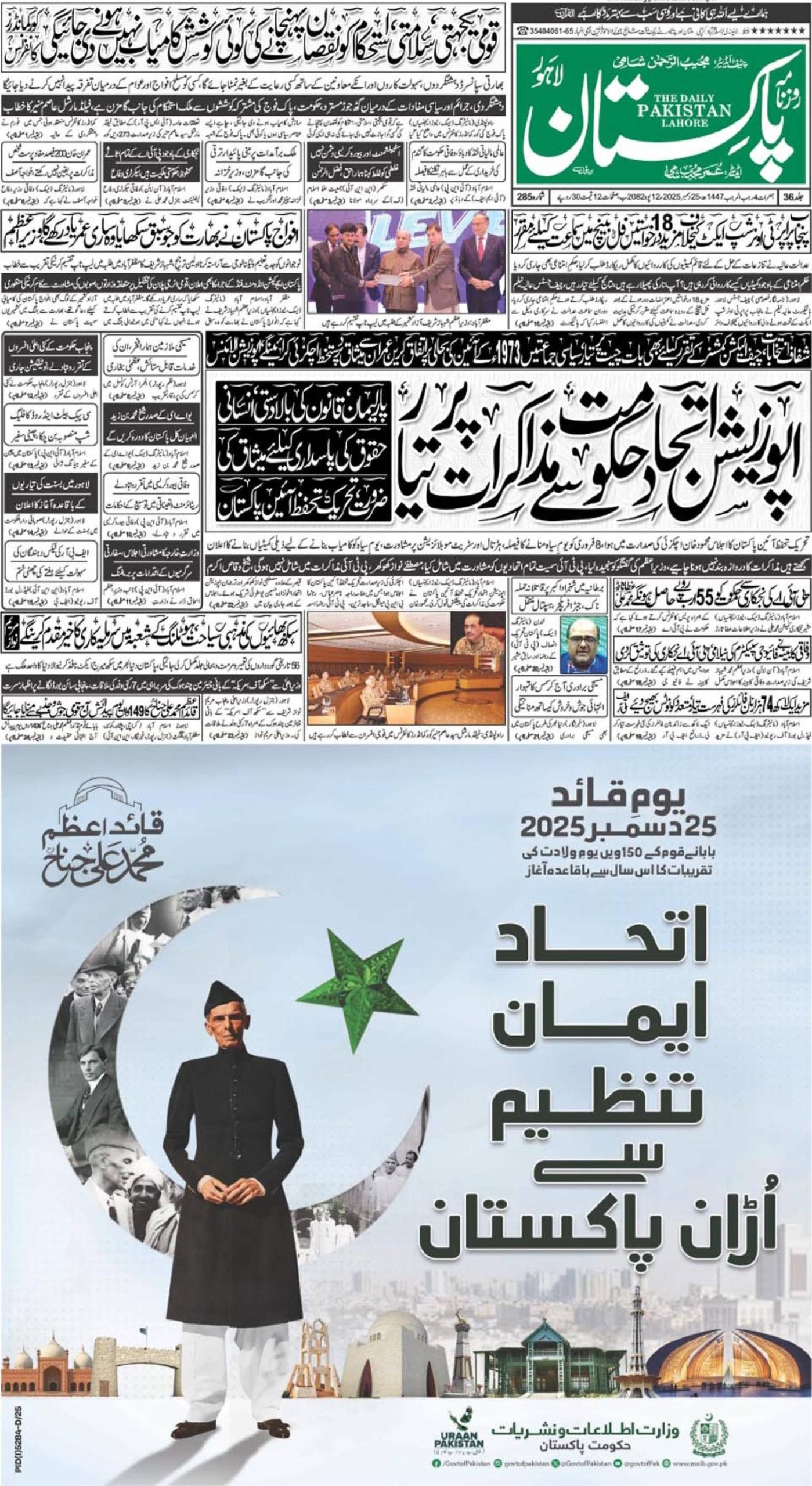RAWALPINDI — A delegation of the Independent Permanent Human Rights Commission (IPHRC), a principal organ of the Organisation of Islamic Cooperation (OIC), visited the Chirikot sector at the Line of Control (LoC) on Saturday.
According to the Inter Services Public Relations (ISPR), the delegation was given a comprehensive briefing on the prevalent security environment along the LoC and apprised of the elaborate arrangements made for protection of civilians from hostile fire in any eventuality through construction of community bunkers.
The ISPR statement says, “The OIC members also interacted with victims of cease fire violations, members of village defence committees and civil administration.”
The visit of the IPHRC delegation from August 4 to 9 coincides with completion of two years of India’s illegal actions of August, 5, 2019, the Foreign Office said.
“The delegation will also visit the Line of Control (LoC) to monitor the on-ground situation,” the Foreign Office said in a statement.
“During the visit, the IPHRC delegation will travel to Muzaffarabad and the Line of Control, and interact with Kashmiri leadership, refugees from IIOJK and victims of Indian atrocities,” the Foreign Office said.
The visit is part of IPHRC’s mandate to monitor the deteriorating humanitarian and human rights situation in Indian occupied Jammu and Kashmir, especially since August 5, 2019.
“The visit would be significant in drawing international attention towards the urgent need to address the egregious human rights situation in IIOJK and for a peaceful resolution in accordance with the UNSC resolutions and the wishes of the Kashmiri people,” the Foreign Office said.
The Commission was mandated by the 13th Islamic Summit and the 42nd Session of the OIC Council of Foreign Ministers (CFM) to monitor the human rights violations in India-occupied Jammu and Kashmir and submit regular reports.
The delegations includes, Dr Saeed Mohamed Abdullah from UAE, chairman of IPHRC; Dr Haci Ali Acikgul from Turkey, vice chairman of IPHRC; Ahmad Azam from Malaysia; Hafid El Hachmi from Morocco and Dr Aydin Safikhanli from Azerbaijan.

